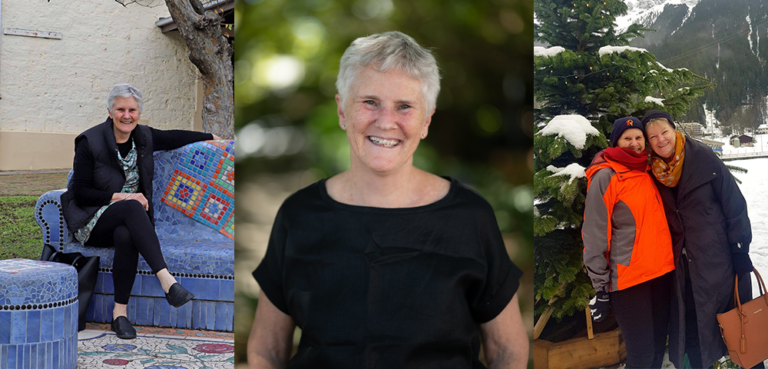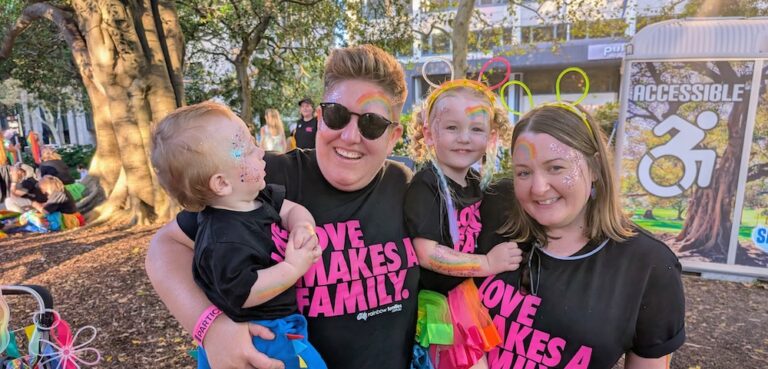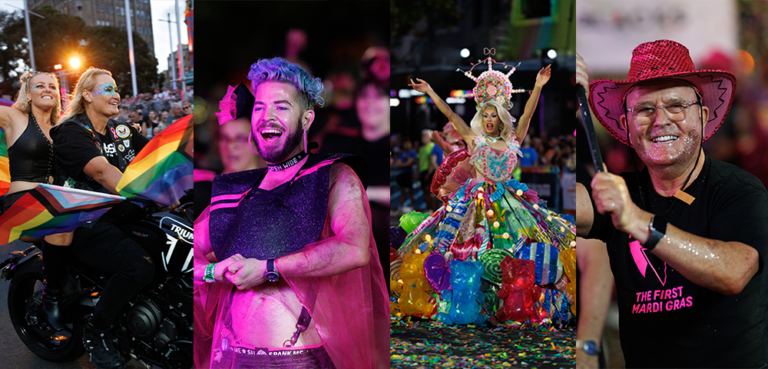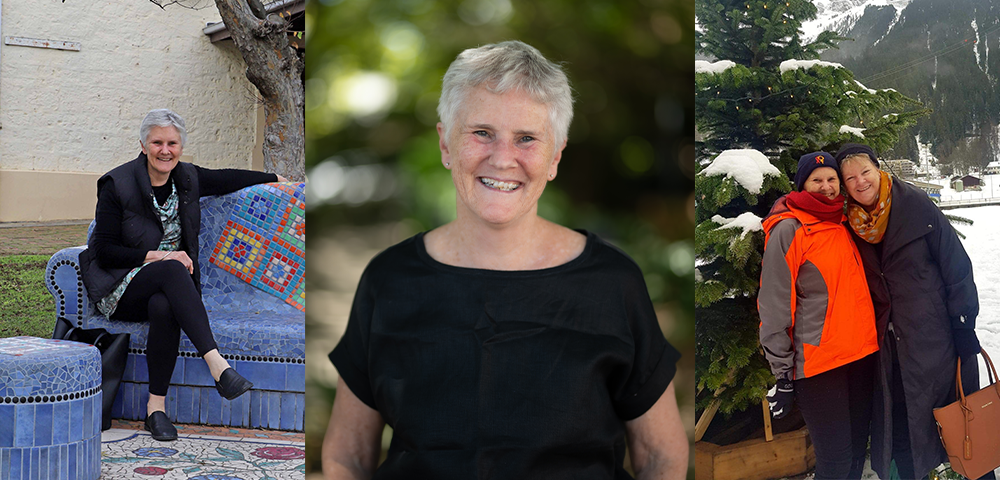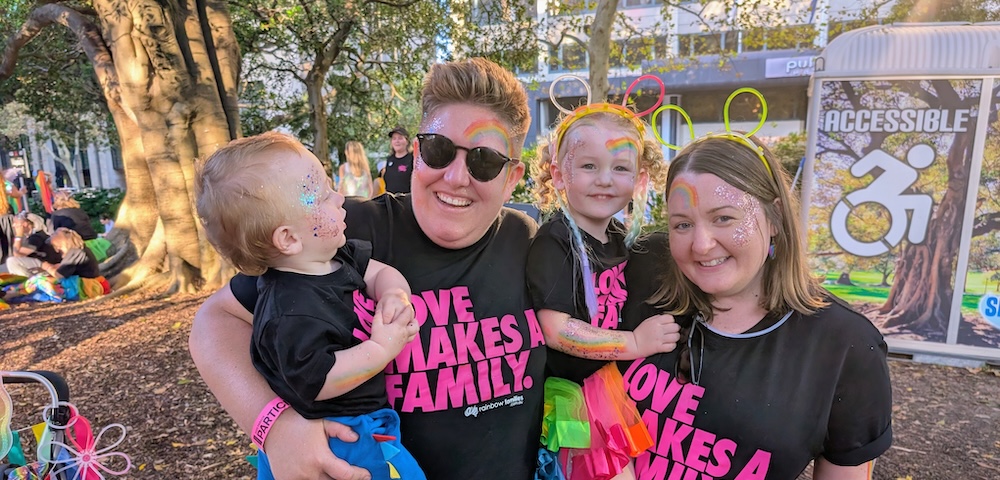
Victoria Provides Australia The Blueprint To Protect Queer People From Hate
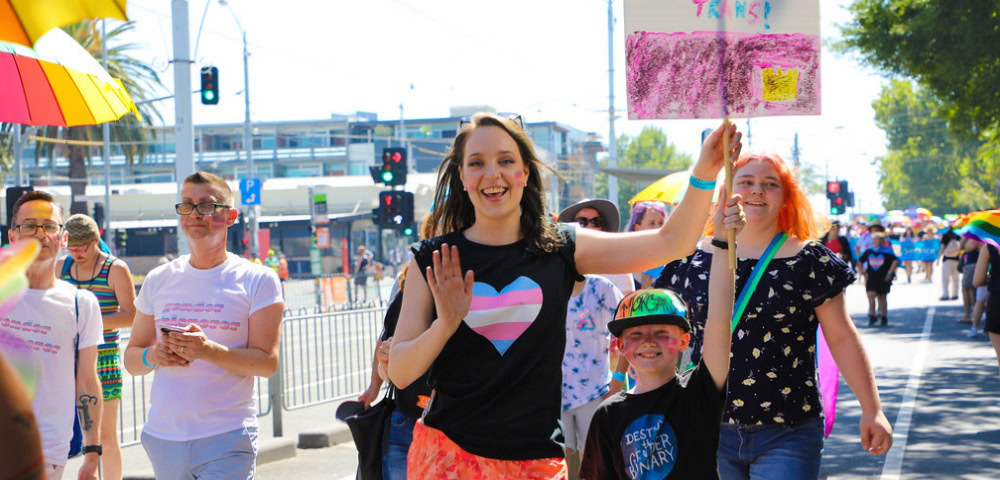
Each year, the International Day Against Homophobia, Biphobia, discrimination against people with an Intersex variation, and Transphobia (IDAHOBIT) provides an opportunity to reflect on the discrimination and stigma our communities still face and how we can fight to eradicate it.
The Victorian Pride Lobby’s recent community survey showed that 37% of LGBTIQA+ Victorians experienced street harassment in the last year. While this is well down on the 79% recorded two decades ago, 1 in 3 LGBTIQA+ Victorians being assaulted or harassed in a public space is clearly still a significant problem.
Australia Lacks Laws To Tackle Hate
Today's report from the Victorian Parliament's Inquiry into Anti-Vilification Protections paves the way towards a fairer and safer Victoria for everyone. We welcome the recommendations and look forward to working towards their implementation.https://t.co/tAubjVCJic#springst
— VicEO+HumanRights (@VEOHRC) March 3, 2021
Hate is also widespread on social media, so much so that the United States’ Gay and Lesbian Alliance Against Defamation declared that social media is unsafe for LGBTIQA+ users and hate on these platforms is at epidemic levels.
Last year also saw a spike in hate crimes based on sexual orientation, including during Victoria’s COVID lockdown. Sadly, this figure would likely be much higher were it not for under-reporting and poor data collection.
Despite this, there have been only two cases where homophobia has been taken into account in criminal sentencing since laws were introduced in Victoria to tackle this over a decade ago.
The reality is that Australian laws are not fit for purpose when it comes to tackling the harms caused by hate. This is especially so in Victoria, where anti-vilification laws, the primary legal tool to tackle hate-based conduct, are particularly weak.
There are no protections for LGBTIQA+ people and other marginalised groups; the legal test sets a high burden and is difficult to understand, leading to very few successful prosecutions or resolutions; and the impetus is on victims to speak out without strong public sector investigatory powers. Hate on social media is particularly hard to tackle, because there are few obligations on social media companies to take action against vilification that occurs on their platforms.
Victoria Parliamentary Panel Recommends Reforms
Hot off the press! 📰
I am proud to table the Legislative Assembly’s Legal & Social Issues Committee’s report into the effectiveness of Victoria’s anti-vilification laws.
Prejudice & hate is still on the rise in our society. #LALSIC
Watch live here: https://t.co/2UlFRp0hZk pic.twitter.com/SkBQ83LQsR
— Natalie Suleyman MP (@NatalieSuleyman) March 2, 2021
However, a recent Victorian parliamentary report has recommended a set of key reforms. The report provides a careful and impressive blueprint for tackling hate and developing nation-leading anti-vilification laws in the age of social media.
The major problem with the existing Victorian law is that it requires proof that the conduct in question incited hatred against the victim. This means that a court has to look into whether a hypothetical third party was incited to hate.
One of the report’s proposals is an alternative test that focuses not on incitement but on the harm caused to the victim. This would give victims an alternative route to prove that vilification has occurred whilst retaining a high bar for restricting freedom of expression by ensuring that the harm done was reasonably foreseeable.
In this way, it fairly balances the right to freedom of expression with the right to freedom from vilification. It’s a reform that has been sought by LGBTIQA+ advocates for over 15 years.
The report also recommends expanding the protected attributes of race and religion to include gender or sex, sexual orientation, gender identity or gender expression, sex characteristics or intersex status, and HIV/AIDS status.
Need For Laws That Protect
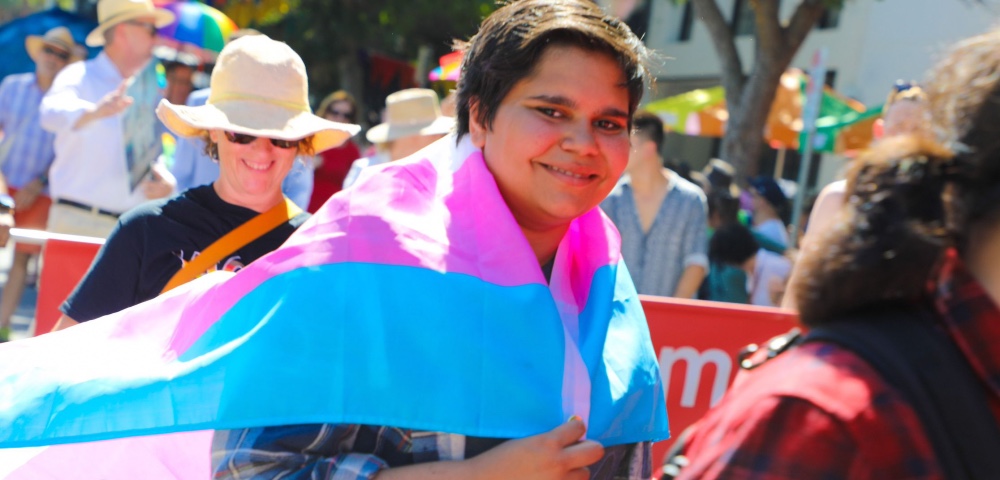
In recognising the need for inclusive laws that protect vulnerable communities, the report acknowledges that new terminology and definitions require consultation with stakeholder groups, in particular trans and women’s groups.
A number of proposed reforms, including strengthening the investigatory powers of the Victorian Equal Opportunity and Human Rights Commission (in line with their powers to investigate conversion practices), creating a positive duty on organisations to prevent vilification (as is currently the case for harassment and discrimination) and implementing community-led reporting mechanisms, will also make the convoluted process of lodging a complaint against hate much easier.
The proposed changes canvassed in the report will significantly benefit the most vulnerable of Victorians. Recognising this, a broad coalition of multicultural, faith-based and LGBTIQA+ community organisations has joined together to welcome these proposed reforms.
Significantly, all members of the parliamentary committee, including Labor, Liberal and National Party representatives, supported the reforms.
Now it is over to the Victorian Government to swiftly enact these reforms and protect all Victorians from vilification and harassment. Being able to engage in rigorous public debate is a key pillar of our democracy, but hate should never be a way of life.
Dr Sean Mulcahy is a Research Officer at the Australian Research Centre for Sex, Health and Society and Policy Advisor at the Victorian Pride Lobby
Liam Elphick is an Associate Lecturer at the Monash University Faculty of Law and a committee member at the Victorian Pride Lobby
Nicole Shackleton is a Research Officer at the Australian Research Centre for Sex Health and Society and a doctoral candidate at the La Trobe Law School

